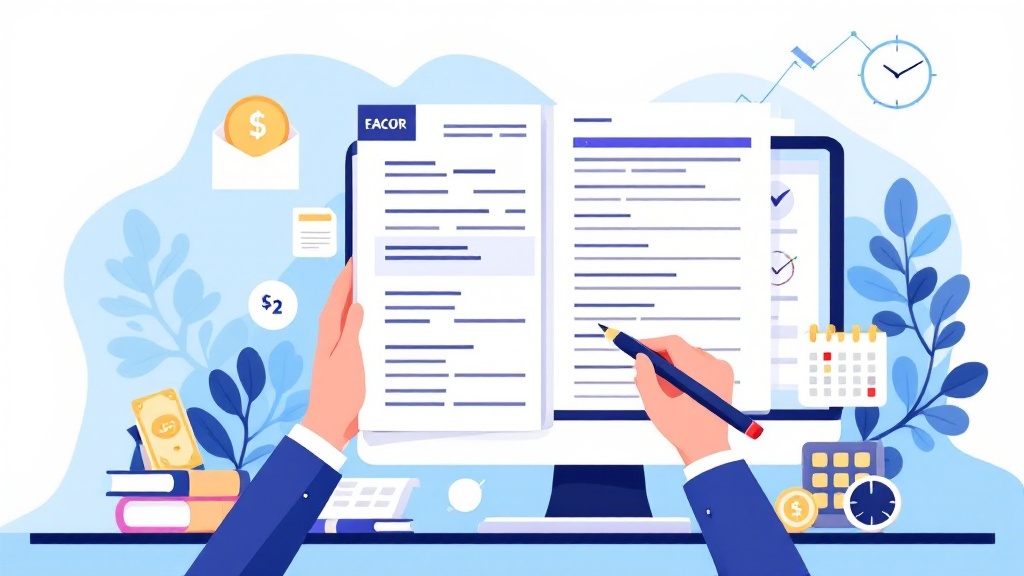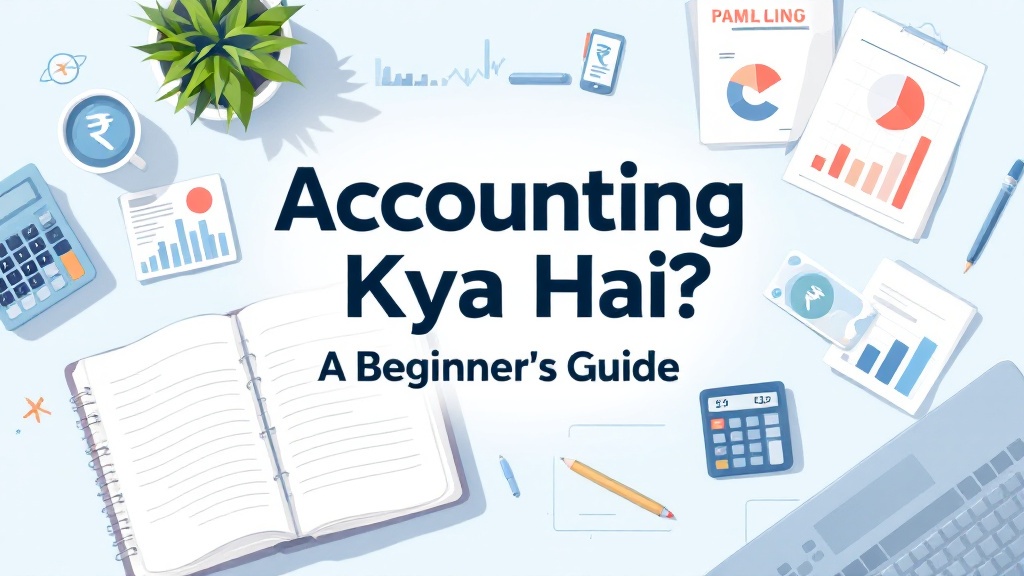The Complete Guide to CA Exam Stages: Everything You Need to Know
Table of Contents
Most Read
[fusion_dropcap class="fusion-content-tb-dropcap"]B[/fusion_dropcap]ecoming a Chartered Accountant (CA) is a prestigious achievement, and for good reason. The journey is rigorous, challenging, and incredibly rewarding. But what exactly does it take to become a CA? How can you navigate the CA exam stages effectively?
In this blog post, we’ll explore the entire CA exam process, breaking down each stage step-by-step. Whether you’re just starting your CA journey or are preparing for one of the upcoming exams, this guide will help you understand the roadmap ahead and offer tips on how to succeed.
What is the CA Exam?
The Chartered Accountant (CA) exam is conducted by the Institute of Chartered Accountants of India (ICAI) and is designed to test candidates on various aspects of accounting, taxation, auditing, and financial management. It is a highly respected qualification in the finance and accounting industry.
CA Exam Stages Overview
The CA exam is divided into three stages:
- CA Foundation – The entry-level exam.
- CA Intermediate – The second level, more advanced.
- CA Final – The final stage before you become a qualified CA.
Each stage has its own set of subjects, eligibility criteria, and exam patterns, and they build on each other. Let’s take a closer look at each stage.
Stage 1: CA Foundation Exam
Eligibility for CA Foundation
Before you can even think about sitting for the CA Foundation exam, you need to meet certain eligibility requirements:
- You must have completed your 12th standard (Class XII) exams from a recognized board.
- You can also register for the CA Foundation after completing a diploma course or equivalent.
- Students who have completed their undergraduate or postgraduate studies can also apply, provided they meet ICAI’s specific conditions.
CA Foundation Exam Pattern
The CA Foundation exam consists of four papers:
- Paper 1: Principles and Practice of Accounting
- Paper 2: Business Laws and Business Correspondence and Reporting
- Paper 3: Business Mathematics, Logical Reasoning, and Statistics
- Paper 4: Business Economics and Business and Commercial Knowledge
Each paper is of 100 marks, and the exam is held twice a year — in May and November. The total duration for each paper is 3 hours.
Tips for CA Foundation Success
- Start Early: Since this is the entry-level exam, it’s important to build a strong foundation. Devote time to each subject and don’t skip the basics.
- Practice Regularly: Accounting, economics, and business laws require constant practice to get the hang of the formulas, concepts, and applications.
- Time Management: With multiple subjects to study, managing your time effectively will be key.
Stage 2: CA Intermediate Exam
Eligibility for CA Intermediate
Once you pass the CA Foundation exam, you can move on to the Intermediate level. Alternatively, you can register for the CA Intermediate exam directly if you have:
- Completed your graduation with a minimum of 55% in commerce or 60% in non-commerce subjects.
- Completed the requisite courses through the ICAI.
CA Intermediate Exam Pattern
The CA Intermediate exam has two groups, each consisting of four papers:
- Group I:
- Paper 1: Accounting
- Paper 2: Corporate and Other Laws
- Paper 3: Cost and Management Accounting
- Paper 4: Taxation
- Group II:
- Paper 5: Advanced Accounting
- Paper 6: Auditing and Assurance
- Paper 7: Enterprise Information Systems & Strategic Management
- Paper 8: Financial Management & Economics for Finance
Each paper is of 100 marks, and the exam is held twice a year (May and November).
Tips for CA Intermediate Success
- Deepen Your Understanding: Unlike the Foundation stage, the Intermediate exam requires you to apply concepts in real-world scenarios. Therefore, focusing on understanding the concepts rather than rote learning is crucial.
- Focus on Groupwise Study: Most students find it effective to study for one group at a time. It ensures better retention and better performance in the exams.
- Revise Thoroughly: Revision is a key component for CA Intermediate. Practice papers, mock exams, and past question papers are essential.
Stage 3: CA Final Exam
Eligibility for CA Final
After passing the CA Intermediate exam, you need to complete the mandatory Articleship training for 2.5 years under a practicing CA or a CA firm. This hands-on experience is crucial for understanding the practical aspects of accounting, taxation, and auditing.
You can appear for the CA Final exam only after completing your Articleship or during the last six months of it.
CA Final Exam Pattern
The CA Final exam is divided into two groups, similar to the Intermediate stage:
- Group I:
- Paper 1: Financial Reporting
- Paper 2: Strategic Financial Management
- Paper 3: Advanced Auditing and Professional Ethics
- Paper 4: Corporate and Economic Laws
- Group II:
- Paper 5: Strategic Cost Management and Performance Evaluation
- Paper 6: Elective Paper (from a list of options)
- Paper 7: Direct Tax Laws and International Taxation
- Paper 8: Indirect Tax Laws
Each paper is again of 100 marks, and the exam is conducted twice a year (May and November).
Tips for CA Final Success
- In-depth Preparation: CA Final is the most challenging stage, so don’t leave any stone unturned. Focus on theory as well as practical questions.
- Master the Elective: Choose your elective paper wisely. If you’re more comfortable with a particular area, select that elective to maximize your chances of success.
- Regular Mock Tests: Continuous practice and taking mock tests can help you identify areas of weakness and strengthen your exam-taking skills.
Conclusion: How to Stay Motivated Throughout the CA Exam Journey
The road to becoming a CA is long, but it is certainly achievable with the right preparation and mindset. Here are a few tips to stay motivated throughout the process:
- Set Clear Goals: Whether it’s passing a specific exam stage or mastering a particular subject, having goals will help keep you focused.
- Take Breaks: Don’t overwork yourself. Take regular breaks to avoid burnout.
- Stay Organized: Keep a study schedule and stick to it. It will help reduce the feeling of being overwhelmed.
- Join Peer Groups: Engaging with others on the same journey can provide motivation and help you gain different perspectives.
Final Thoughts
The CA exam stages are challenging but not insurmountable. With dedication, hard work, and smart study techniques, you can achieve your goal of becoming a Chartered Accountant. Remember that each stage builds on the previous one, and your efforts will pay off as you progress.
Good luck on your CA journey! Keep believing in yourself and stay committed to your goal.
Visit Our Website : Accounting24.in









